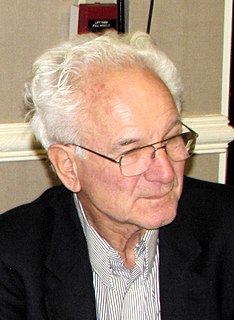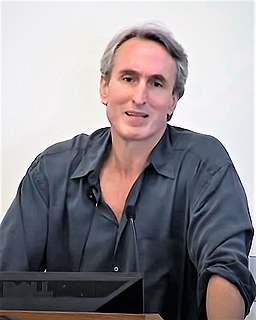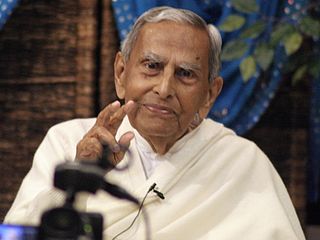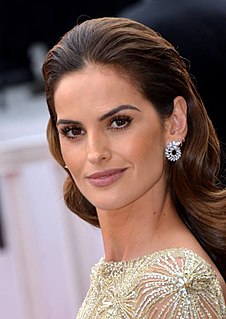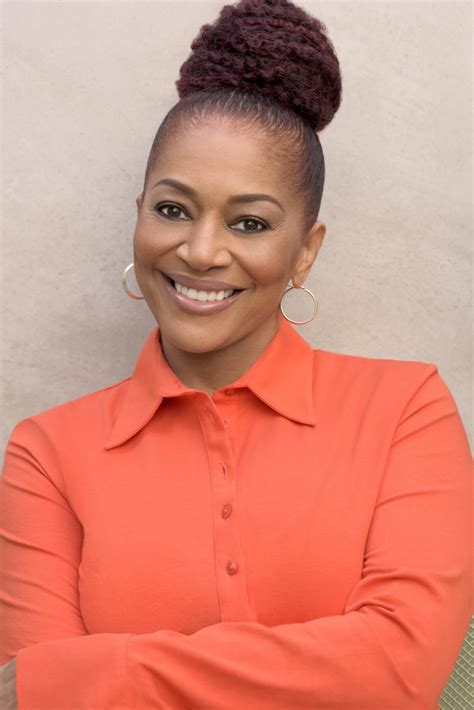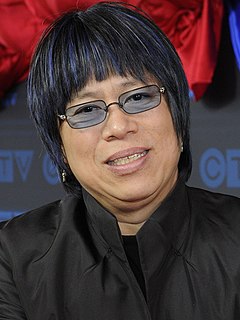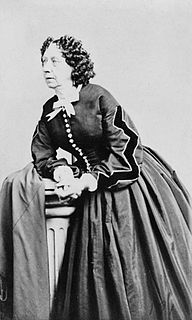A Quote by Deborah Butterfield
The transformation of disease, as exemplified by the case of diabetes, is a valuable and elegant concept that serves to remind us that the tally sheet for medical science must carry a column for debit as well as credit.
Related Quotes
When I went to medical school, I was taught about two basic kinds of diabetes: juvenile onset and adult onset. From the time I did my training in medical school to the end of my residency we were already seeing the transformation of adult onset diabetes into Type II, which is what we call it now, which from my perspective is a euphemism we have draped over this condition to conceal the fact that what was a chronic disease in midlife is now epidemic in children. Frankly, Type II diabetes in a seven year old is adult onset diabetes. We just don't want to confront that unpleasant fact.
The simplest way to look at all these associations, between obesity, heart disease, type 2 diabetes, metabolic syndrome, cancer, and Alzheimer's (not to mention the other the conditions that also associate with obesity and diabetes, such as gout, asthma, and fatty liver disease), is that what makes us fat - the quality and quantity of carbohydrates we consume - also makes us sick.
Debts that must be paid ... that sums up the concept of karma. But I would add that karma is not a burden that you have to carry. It is also an opportunity to learn, a chance to practice love and forgiveness, a chance to learn lessons that are valuable to us. Karma offers us the chance to wipe our dirty slate clean, to erase the wrong doings of the past.
We are a caring nation, and our values should also guide us on how we harness the gifts of science. New medical breakthroughs bring the hope of cures for terrible diseases and treatments that can improve the lives of millions. Our challenge is to make sure that science serves the cause of humanity instead of the other way around.
My view of chronic disease prevention of fighting epidemic obesity and diabetes, of turning the tide, is that it is the job of professionals to pave the way and to cultivate the will; to stir people up so that they understand the stakes, so that they recognize that adult onset diabetes stalking children is a clear and omnipresent danger. The wolves are at the door. You must defend hearth and home. And here are the means to do it: we must provide programs, policies, tools and resources so that everybody can do the job.
The second edition of There Is a Cure for Diabetes is groundbreaking. Dr. Gabriel Cousens gets impressive results that speak for themselves. He is reducing and even eliminating the need for medication, rated by The Journal of the American Medical Association as the fourth leading cause of death in people with diabetes. This well-documented book is all the more important and a better alternative.
I have no credit cards. That was the decision that was made jointly by the credit card companies, and by me. I can't say that that was completely on my account. I buy nothing on credit now, nothing. If I can't afford it, I don't buy it. I have a debit card, that's all I have. Any debt that I have, I am paying down.
You are taken sick; you send for a physician; he comes in, stays ten minutes, prescribes for you a healing medicine, and charges you three or four dollars. You call this 'extortionate' - forgetting the medical books he must have waded through, the revolting dissections he must have witnessed and participated in, and the medical lectures he must have digested, to have enabled him to pronounce on your case so summarily and satisfactorily.



